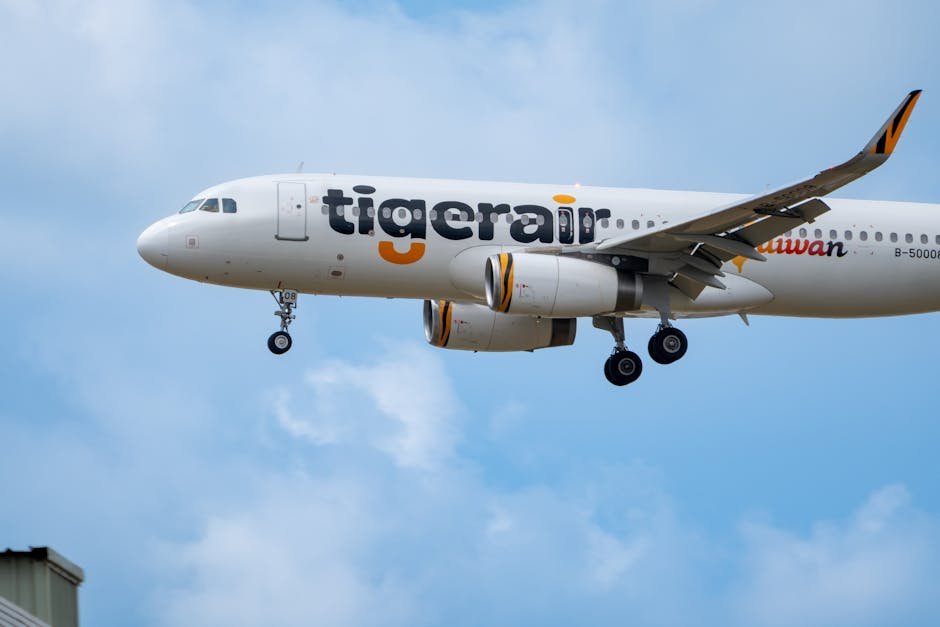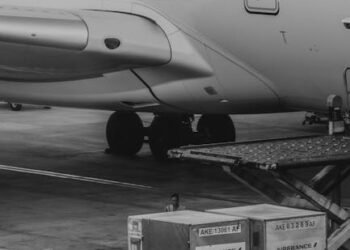NAMA Calls for Urgent Review of N11,000 Airline Flight Tariff in Nigeria
The Nigerian Airspace Management Agency (NAMA) has recently made headlines by urging an immediate revision of the N11,000 airline flight tariff. This call comes as the agency emphasizes that the current tariff is significantly out of sync with the economic realities facing the aviation sector in Nigeria.
Understanding the Current Tariff Structure
The N11,000 charge, which has been in place for some time, was initially established under different economic circumstances. As inflation and operational costs have surged, many stakeholders in the aviation industry believe that this fixed rate no longer reflects the financial realities of running an airline in Nigeria. The aviation sector, a crucial component of the country’s economy, has been grappling with various challenges, including rising fuel prices and maintenance costs, which have only intensified in recent months.
The Impact of Economic Changes
According to NAMA, the need for a tariff adjustment is not merely a suggestion but a necessity for the survival and growth of the aviation industry. The agency points out that the existing tariff structure could potentially stifle growth and innovation within the sector. Without revising these charges, airlines may face difficulties in maintaining their operations, which could lead to reduced services and increased ticket prices for consumers.
Supporting Industry Growth
By advocating for a revision of the airline flight tariff, NAMA aims to create a more sustainable environment for airlines to thrive. The aviation industry plays a vital role in promoting tourism, enhancing trade, and connecting people across regions. A well-supported aviation sector can contribute positively to Nigeria’s overall economic landscape, creating jobs and fostering business opportunities.
Next Steps for Stakeholders
The call for a revision of the N11,000 tariff has sparked discussions among various stakeholders, including airline operators, government agencies, and consumer advocacy groups. It is essential for these entities to come together and examine the implications of the current tariff structure and how changes could benefit not just airlines, but also travelers and the economy as a whole.
As the aviation sector continues to navigate through these uncertain times, NAMA’s push for tariff reform could pave the way for healthier industry dynamics and improved service offerings. Stakeholders must act swiftly to ensure that the aviation industry remains resilient and capable of adapting to the ever-changing economic landscape of Nigeria.
In conclusion, a timely revision of the N11,000 airline flight tariff is critical to aligning operational costs with the realities faced by airlines today. As discussions continue, the hope is that a collaborative effort will lead to solutions that benefit all parties involved in the aviation sector.









